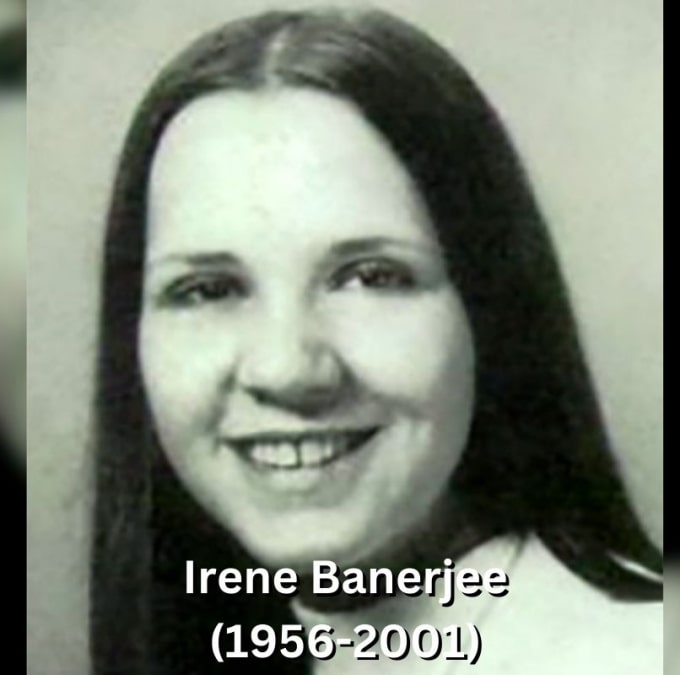The life and works of Robert Lax, a profound American poet, continue to inspire many. Born in Olean, New York, Lax's journey took him across the globe, ultimately leading him to the tranquil island of Patmos, Greece. His friendships with remarkable figures such as Thomas Merton and Ad Reinhardt, coupled with his minimalist and spiritually-infused poetry, have left a lasting imprint on the literary world.
Quick Overview
| Field | Details |
|---|---|
| Full Name | Robert Lax |
| Famous As | Poet, Minimalist Writer |
| Occupations | Poet, Writer, Editor |
| Date of Birth | November 30, 1915 |
| Birthplace | Olean, New York, USA |
| Nationality | American |
| Date of Death | September 26, 2000 |
| Parents | Sigmund Lax (Father), Rebecca Lax (Mother) |
Early Life: The Foundation of His Journey
Robert Lax's early life played a significant role in shaping his future pursuits in poetry and spirituality. Born in Olean, New York, he showed an early interest in literature and writing. This section delves into his formative years and the influences that guided him along his path.
Childhood and Family Background
Robert Lax was born on November 30, 1915, to Sigmund and Rebecca Lax. Growing up in a Jewish household, he was exposed to cultural and religious traditions that would later influence his spiritual journey. His family moved to Elmhurst, Queens, New York, providing him with a more urban upbringing.
Education and Early Influences
Lax attended Columbia University, where he majored in English. It was here that he developed a lifelong friendship with Thomas Merton, a relationship that greatly influenced both men. Under the guidance of Mark Van Doren, a distinguished poet and professor, Lax honed his literary skills and began to cultivate his unique poetic voice.
Career Highlights: From Editor to Minimalist Poet
Robert Lax's career was marked by various roles and significant accomplishments. From his tenure at The New Yorker to his evolution into a minimalist poet, Lax's journey was one of continuous exploration and self-discovery. This section explores the key milestones in his professional life.
The New Yorker and Time Magazine
After graduating from Columbia University in 1938, Lax worked as an assistant poetry editor at The New Yorker. His time at the magazine allowed him to engage with contemporary literary circles and refine his editorial skills. He later contributed to Time Magazine, further establishing his presence in the literary world.
Transition to Minimalist Poetry
Lax's poetry evolved into a minimalist style, characterized by simplicity and spiritual depth. His notable work, "Circus of the Sun," published in 1959, exemplified this style. The collection drew inspiration from his experiences with the Cristiani family circus, reflecting themes of innocence, wonder, and the divine.
Personal Life: A Quest for Simplicity and Spiritual Fulfillment
Robert Lax's personal life was as intriguing as his professional journey. His quest for simplicity and spiritual fulfillment led him to various places and encounters with remarkable individuals.
Conversion to Catholicism
In 1943, Lax converted from Judaism to Catholicism, marking a significant turning point in his life. His spiritual journey was influenced by his friendship with Thomas Merton and his interactions with other religious figures like Catherine Doherty. This conversion deepened his contemplative practices and infused his poetry with spiritual themes.
Life in Greece
Seeking a simpler and more contemplative life, Lax eventually settled on the Greek island of Patmos in the 1960s. The island's serene environment provided the perfect backdrop for his minimalist lifestyle and poetic endeavors. He also spent time on the nearby island of Kalymnos, further embracing the tranquility of the Aegean Sea.
Major Achievements: Recognition and Accolades
Throughout his life, Robert Lax received recognition for his contributions to literature and poetry. His unique voice and minimalist style distinguished him from his contemporaries.
National Council of the Arts Award (1969)
In 1969, Robert Lax was honored with the National Council of the Arts Award, acknowledging his innovative contributions to poetry. This award recognized his ability to distill profound truths into simple yet evocative language.
Honorary Doctorate from St. Bonaventure University (1990)
St. Bonaventure University, which houses Lax's archives, awarded him an honorary doctorate in 1990. This recognition celebrated his literary achievements and his influence on subsequent generations of poets and writers.
Financial Insights: A Life Beyond Material Pursuits
While Robert Lax's life was not characterized by financial pursuit, understanding his financial background provides a more comprehensive picture of his journey.
Net Worth and Financial Success
Robert Lax's net worth is not well-documented, as his life was marked by a deliberate choice of simplicity over material wealth. His minimalist lifestyle on Patmos reflected his disdain for the trappings of financial success. Instead, his wealth lay in his profound spiritual insights and literary contributions.
Economic Impact of His Works
Lax's works, though not commercially driven, garnered respect and admiration in literary circles. His poetry collections, such as "Circus of the Sun," continue to be studied and appreciated, contributing to his enduring legacy. The economic impact of his works is more evident in their influence on contemporary poetry rather than in monetary terms.
Legacy and Influence: A Lasting Impact
Robert Lax's legacy extends beyond his lifetime, influencing poets, writers, and artists across the globe. His minimalist approach and spiritual depth continue to resonate with audiences.
Influence on Contemporary Poets
Lax's unique style and contemplative themes have inspired many contemporary poets. His ability to convey profound truths through minimalist language serves as a source of inspiration for writers seeking to explore spirituality and simplicity in their works.
Preservation of His Works
Institutions like St. Bonaventure University have played a crucial role in preserving Lax's works and making them accessible to future generations. His archives, housed at the university, provide valuable insights into his creative process and spiritual journey.
Conclusion: A Journey of Simplicity and Spirituality
Robert Lax's life and works offer a compelling narrative of simplicity, spirituality, and poetic innovation. His journey from Olean, New York, to the tranquil shores of Patmos, Greece, reflects a profound quest for meaning and artistic expression. Through his minimalist poetry and contemplative lifestyle, Lax has left an enduring legacy that continues to inspire and resonate.
FAQ Section
Who was Robert Lax?
Robert Lax was an American poet known for his minimalist and spiritually infused poetry. He was born on November 30, 1915, and passed away on September 26, 2000.
What are some notable works by Robert Lax?
Some of Robert Lax's notable works include "Circus of the Sun" (1959) and "A Catch of Anti-Letters" (1978). His poetry is characterized by simplicity and spiritual depth.
How did Robert Lax's friendship with Thomas Merton influence him?
Robert Lax's friendship with Thomas Merton profoundly impacted both men. Their shared spiritual and literary pursuits enriched their respective works and deepened their contemplative practices.
Where did Robert Lax spend his later years?
Robert Lax spent his later years on the Greek island of Patmos, where he embraced a minimalist lifestyle and continued his poetic endeavors. He also spent time on the nearby island of Kalymnos.
What awards did Robert Lax receive?
Robert Lax received the National Council of the Arts Award in 1969 and an honorary doctorate from St. Bonaventure University in 1990, recognizing his contributions to literature and poetry.
By exploring the life and works of Robert Lax, we uncover a narrative rich with spiritual exploration, literary innovation, and a quest for simplicity. His journey continues to inspire, offering timeless insights into the human experience.













